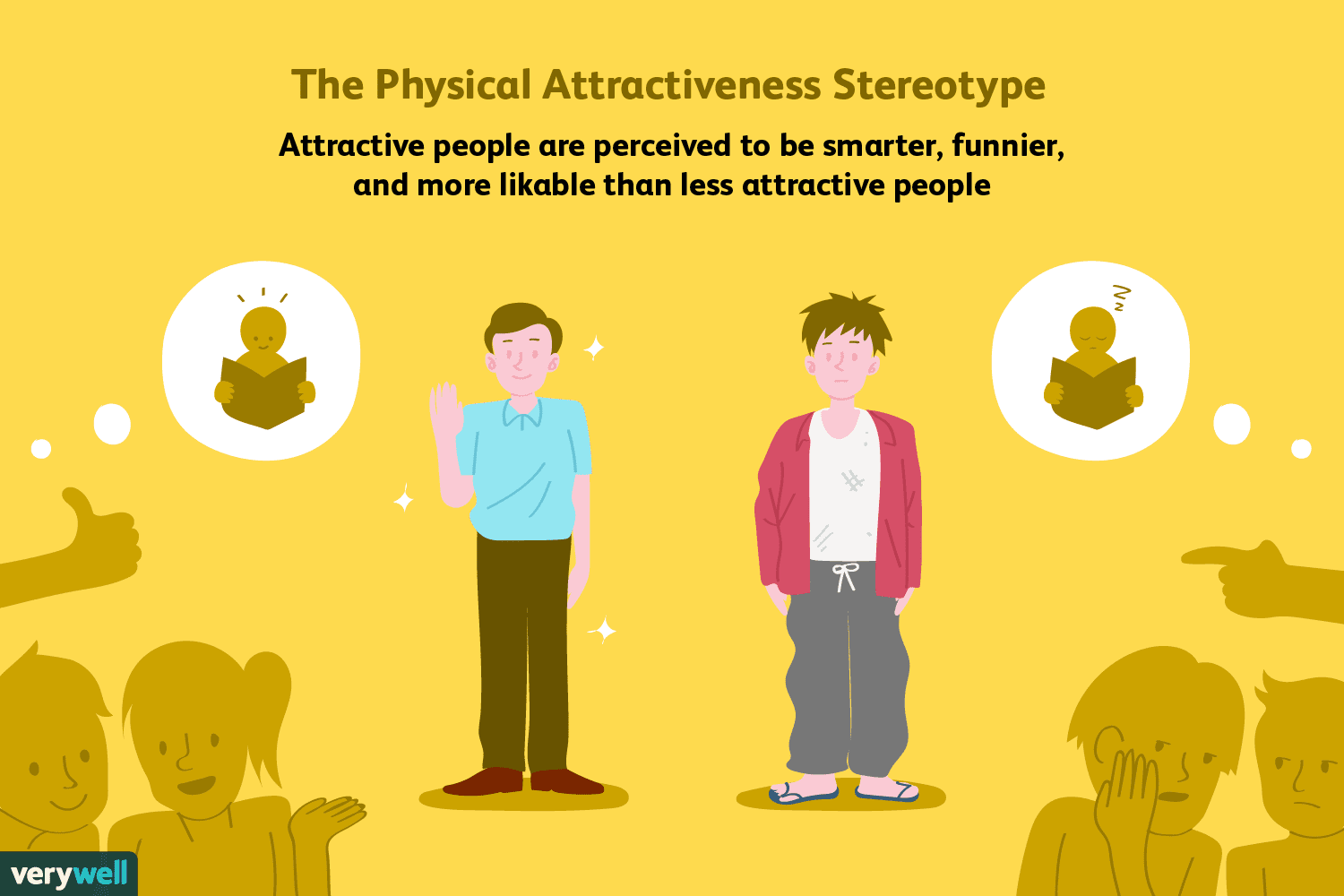Mind Games Made Fun: Mastering Psychology Tricks for Daily Delights
Games Mindfulness Positive Psychology psychology tricks
Christina John
Image via GIFDB
If you’re anything like us, you’ve probably spent some time scrolling through TikTok, stumbling upon those mesmerising psychology hacks and tricks. They sound fascinating, right? But here’s the catch: while they’re super cool to watch, we often find ourselves scratching our heads, wondering how to apply them in our daily lives. So, stop scratching your head, wondering how to turn those TikTok tricks into real-life wins while we spill the beans and share some practical tips and tricks you can effortlessly incorporate into your daily interactions. Whether you want to build deeper connections, smooth out conflicts, or simply understand people a little better, we’ve got your back. Disclaimer: We can’t promise you’ll become a psychological wizard overnight, but we guarantee you’ll have some awesome tricks up your sleeve.
The Door-in-the-Face Technique

Picture this: The Door-in-the-Face Technique is like going up to someone and saying, “Hey, can I borrow your car to go on a road trip? I promise I’ll bring it back in one piece”. Obviously, the person is going to reject such an outrageous request. But here comes the twist! After they’ve kindly declined, you follow up with a much smaller, more reasonable request, like asking to borrow their bicycle for a leisurely ride around the block. Suddenly, their refusal turns into a “Well, since you didn’t get the car, I guess I can lend you the bike”. We also highly recommend using this technique to ask for gifts if you are in a relationship.
The Primacy and Recency Effect

This cognitive bias refers to the tendency to remember the first (primacy) and last (recency) items in a list more accurately than those in the middle. When recalling information, our memory tends to prioritise the beginnings and endings. But how can you use this to your benefit? Let’s say you’re attending a party and want to make a lasting first impression on people you meet. During the conversation, strategically sprinkle in some interesting and humorous anecdotes or facts about yourself. These anecdotes will serve as the “primacy” items and maybe say something that makes you sound amusing before you leave.
The Halo Effect

This cognitive bias occurs when our overall impression of a person influences our judgment of their particular traits or abilities. For example, if we perceive someone as attractive, we may also believe they are intelligent or talented. This is why it is essential not to mention anything you find unattractive about yourself or draw attention to anything you feel self-conscious about. For example, if you walk into a room when you feel like you might be having a bad hair day, the best thing to do is not to mention your hair at all. If you walk in wearing an outfit you are not exactly crazy about, do not say something like, “I really don’t like this shirt” or “this shirt actually has a stain on it”. This will encourage people to make assumptions about you and make them notice or focus more on what you want them to ignore.
Ben Franklin Effect

Believe it or not, people may end up liking you more when you ask them for favours. The favour can simply just be their opinion on something or passing you the salt when you guys are having dinner. This technique is named after the American polymath Benjamin Franklin, who reportedly observed and employed this tactic to win over a political opponent. This effect can be useful in building rapport, resolving conflicts, or improving relationships with others.
“Are You Okay?” Method

If you find yourself in an argument or facing someone who is being mean to you, the best thing to do is ask, “Are you okay?” The main secret to this method is keeping your voice calm when you ask a question. Another helpful tip we’d like to share for handling arguments is to put effort into staying calm. As humans, we tend to perceive the person who remains calm in an argument as the one who is winning.
The Loop Effect

You must have watched that TikTok video that told you to send your significant other a message that says just their name or “we need to talk” to keep them thinking about you. The truth behind this technique is that their brain will enter a loop that will make them think about what you want to say. Since our brains mainly fall in love through our imagination, what might happen is that, because they spend all night thinking about what you have to say, they will assume that they’re thinking about you too much because they like you.
recommended
 Restaurants
Restaurants
Cairo's Ramen Revival: 5 Must-Try Bowls Around the City
Asian Food Asian Restaurants Cafés
Cafés



